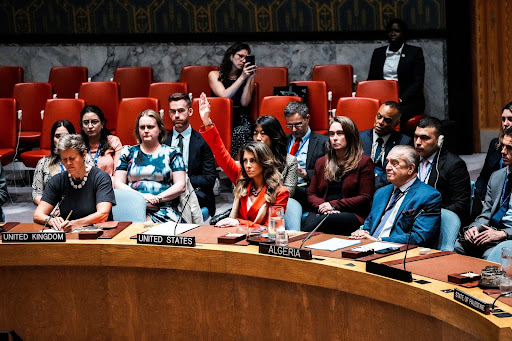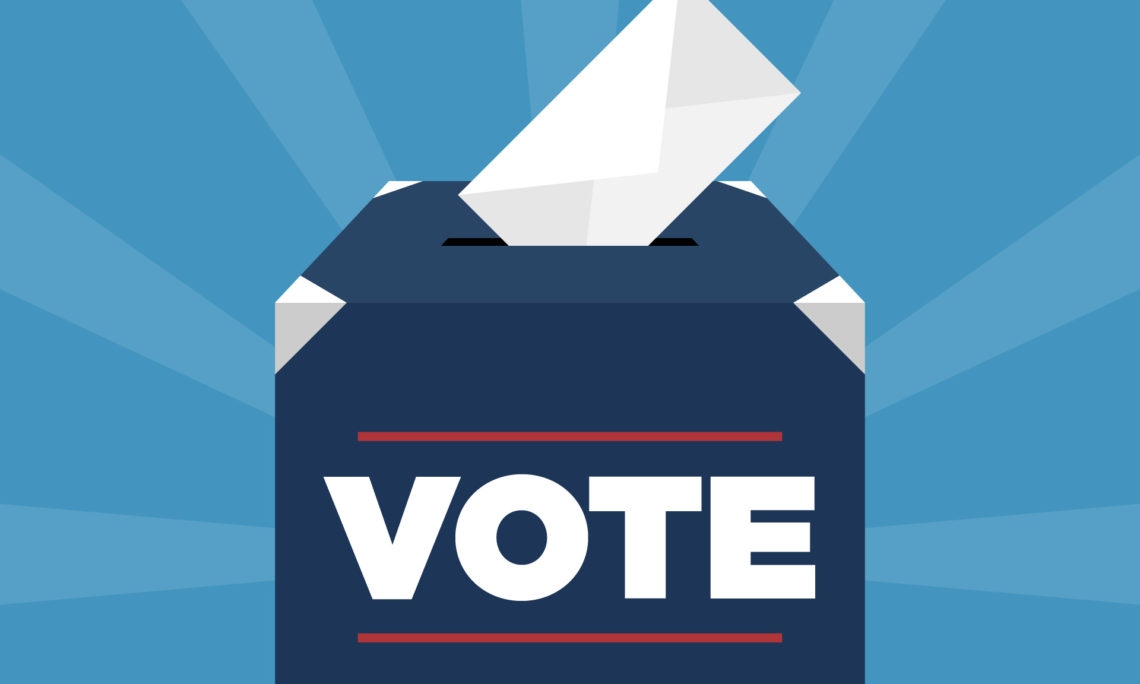The Greensboro City Council unanimously voted to make it a crime to sleep, lay down, camp or sit in public spaces effective immediately on Dec. 3, 2024.
The city council rolled back the hours of the Interactive Resource Center (IRC) a month earlier, removing one of the few overnight resources for the unhoused in Greensboro.
In the midst of a housing crisis nationwide and within Greensboro itself, the City Council and many local business owners have worked together to take actions that put the unsheltered community of Greensboro in danger.
According to data released by Partners Ending Homelessness, a non-profit that works for the Guilford County government, the number of houseless individuals in Guilford County has risen almost 50% in the past 3 years. Over half of those considered unsheltered in Greensboro identify as African American. People who identify as white make up about 20% of those unsheltered in Greensboro, and all other ethnic groups make up about 10%.
The Working-Class and Houseless Organization Alliance (WHOA) is a local organization that distributes food and hygiene products to the unhoused every Saturday.
“[The] amount of unhoused people has increased dramatically, obviously, and very noticeably,” Billy Belcher, a member of WHOA’s Executive Committee said.
According to the National Alliance to End Homelessness one of the primary causes of becoming unsheltered is a lack of affordable housing.
The surge in those facing houselessness is likely due to increasing rent prices and less resources being available for rental assistance. According to Zillow, the median rent for Greensboro has increased by almost $70 in the past 12 months.
While the number of houseless people increases in Greensboro, the city council has passed ordinances to make fewer places and resources available to the unsheltered. The city has passed a series of anti-panhandling ordinances since 2018. These ordinances have attempted to limit people’s ability to ask for help and to distribute food. Some ordinances were so aggressive, it prompted the National Law Center on Homelessness and Poverty to sue the city of Greensboro in 2018 on the grounds that it violated a constitutional right to free speech.
“[Since the ordinance passed] people’s stuff has gotten stolen by the police, I’ve been harassed while distributing food by park security,” Belcher said.
The IRC was formerly one of the few consistent overnight shelters. On Nov. 1, the center had its hours rolled back from 24/7 to an 8am-3pm Monday through Friday schedule.
“Folks are facing extreme weather. Greensboro city council’s move to defund the IRC has left a huge gap in life saving services for people needing shelter from extreme weather,” a post by @foodnotbombs_gso read on Instagram.
Food not Bombs GSO is a local organization that distributes vegan meals to the unsheltered every Friday.
Downtown Greensboro Incorporated (DGI), which receives hundreds of thousands of dollars in city government funding, is a non-profit committed to the economic development of Downtown Greensboro and has played a significant role in getting these anti-houseless ordinances passed.
District 3 City Council Member Zack Matheny is the president and CEO of DGI. The members of DGI’s board include local business owners such as Andy Zimmerman, owner of AZ Development who owns over a dozen properties in Downtown Greensboro, and A&T’s Interim Vice Chancellor for Strategic Partnerships and Economic Development Timothy Minor.
Minor turned down the opportunity for an interview. “[T]he issue with DGI and the homeless is an issue with the city of Greensboro, not N.C. A&T” Katie Viola, Minor’s secretary said in an email.
Matheny resigned from his city council position in 2015 citing a conflict of interest as he negotiated to become CEO of DGI, but was re-elected to the city council in 2022 while he is still president and CEO of DGI.He is also the president and CEO of a non-profit called Downtown Greensboro Foundations, which reportedly donates most of its income to DGI.
According to DGI’s 2022 tax filings, Matheny was compensated about $189,000 by the non-profit. DGI also gave grants to The Forge, a business owned by the past-chair of DGI Andy Zimmerman.
Many downtown Greensboro business owners and board members of DGI indicate they believe the presence of the unsheltered is bad for business.
During the December 3 city council meeting, Zimmerman and The Forge thanked the city council for passing the bans and spoke on how positive an effect these bans will have on local businesses. Zimmerman made a point to give special thanks to Mayor Nancy Vaughn, former member of the Board of Directors for DGI for proposing the ordinance.
Chris Waldeck, another board member of DGI, Executive Vice President for an international company, and a former resident of Greensboro spoke at the December 3 hearing and urged for an increased police presence in downtown Greensboro.
“The recent escalation in the violence, harassing behavior, property destruction, public urination and defecation, which is threatening the quality of life for all of our citizens, our downtown businesses, and ultimately the reputation of our city and that’s what really scares me the most,” Waldeck said.
Some business owners advocated for a more direct approach to reducing the unsheltered population in Downtown Greensboro.
“[S]hrink the homeless population by increasing police presence both day and night and arrest people who have no business being there. […] If we keep feeding them, they’ll never leave. Obviously, the IRC is a big culprit in all of this” was an email sent to Matheny on July 23, 2024 by Tom Taylor, owner of Taylor and Associates Appraisers Inc.
“Thank you for sending this email […] This issue is a difficult one, but I do feel everyone is paying attention and are listening to both sides” was Matheny’s reply.
The IRC’s hours were reduced less than four months later right before the coldest part of the year, with the ordinance being passed one month later, leaving few places for the unsheltered to go right before the coldest parts of the winter.
Zack Matheny and DGI did not respond to requests for comment.







